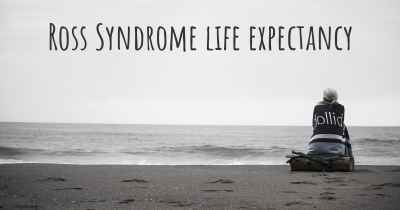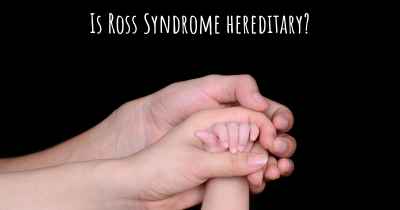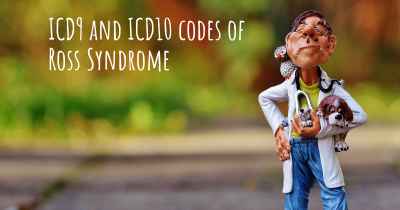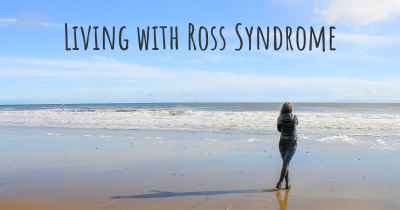Which advice would you give to someone who has just been diagnosed with Ross Syndrome?
See some advice from people with experience in Ross Syndrome to people who have just been diagnosed with Ross Syndrome

Advice for Someone Diagnosed with Ross Syndrome
If you have recently been diagnosed with Ross Syndrome, it is understandable that you may have concerns and questions about your condition. Ross Syndrome is a rare neurological disorder characterized by a combination of symptoms, including sweating abnormalities, flushing, and muscle weakness. While there is no cure for Ross Syndrome, there are several strategies and lifestyle modifications that can help manage the symptoms and improve your quality of life.
1. Educate Yourself: Take the time to learn more about Ross Syndrome. Understanding the condition and its symptoms can empower you to make informed decisions about your health and treatment options. Consult reputable medical sources, such as medical journals or trusted websites, to gather accurate information.
2. Build a Support Network: Reach out to friends, family, or support groups who can provide emotional support and understanding. Connecting with others who have similar experiences can be invaluable in navigating the challenges of living with Ross Syndrome. Online communities and forums can also be a great resource for finding support and sharing experiences.
3. Communicate with Your Healthcare Team: Establish open and honest communication with your healthcare providers. They can guide you in managing your symptoms and suggest appropriate treatment options. Regular check-ups and follow-ups are essential to monitor your condition and make any necessary adjustments to your treatment plan.
4. Manage Symptoms: While there is no cure for Ross Syndrome, there are ways to manage its symptoms. Your healthcare team may recommend medications to alleviate flushing or excessive sweating. Additionally, avoiding triggers such as hot environments, spicy foods, or stressful situations can help minimize symptoms. Experimenting with different cooling techniques, such as using fans or cold packs, may also provide relief.
5. Prioritize Self-Care: Taking care of your overall well-being is crucial. Engage in activities that promote relaxation and stress reduction, such as yoga, meditation, or deep breathing exercises. Adequate sleep, regular exercise, and a balanced diet can also contribute to your overall health and help manage symptoms.
6. Stay Positive: Coping with a chronic condition can be challenging, but maintaining a positive mindset can make a significant difference. Surround yourself with supportive and understanding individuals who uplift your spirits. Engage in hobbies or activities that bring you joy and fulfillment. Remember that you are not defined by your condition, and with the right strategies, you can lead a fulfilling life.
7. Seek Emotional Support: Living with a chronic condition can sometimes take an emotional toll. If you find yourself struggling with anxiety, depression, or other emotional challenges, do not hesitate to seek professional help. Mental health professionals can provide guidance and support tailored to your specific needs.
8. Stay Informed: Keep up-to-date with the latest research and advancements in the field of Ross Syndrome. New treatments or management strategies may emerge over time, and staying informed can help you make informed decisions about your healthcare.
Remember, everyone's experience with Ross Syndrome is unique, and what works for one person may not work for another. It is essential to work closely with your healthcare team to develop a personalized treatment plan that addresses your specific needs and goals. With proper management and support, you can lead a fulfilling life despite the challenges posed by Ross Syndrome.








